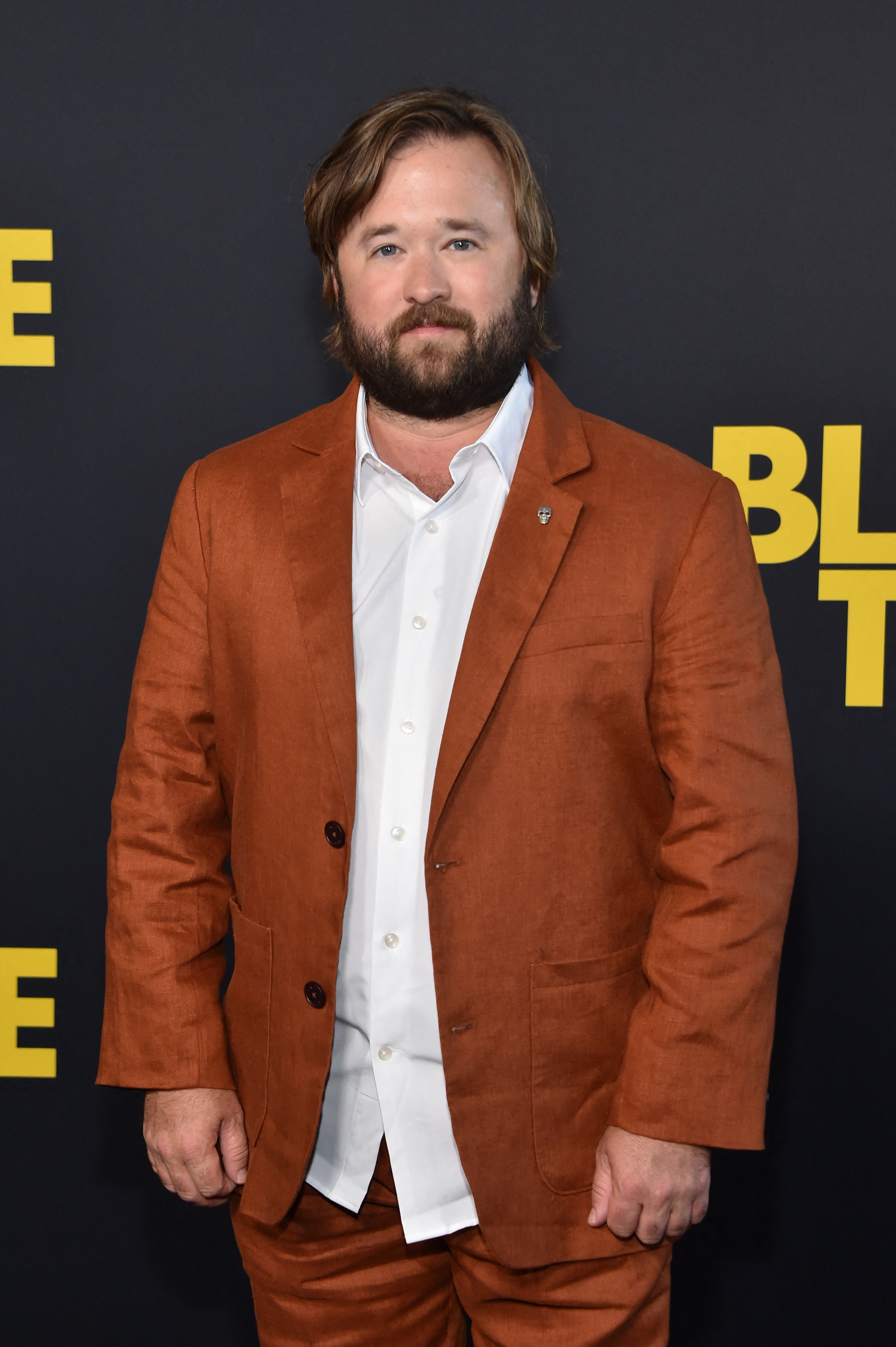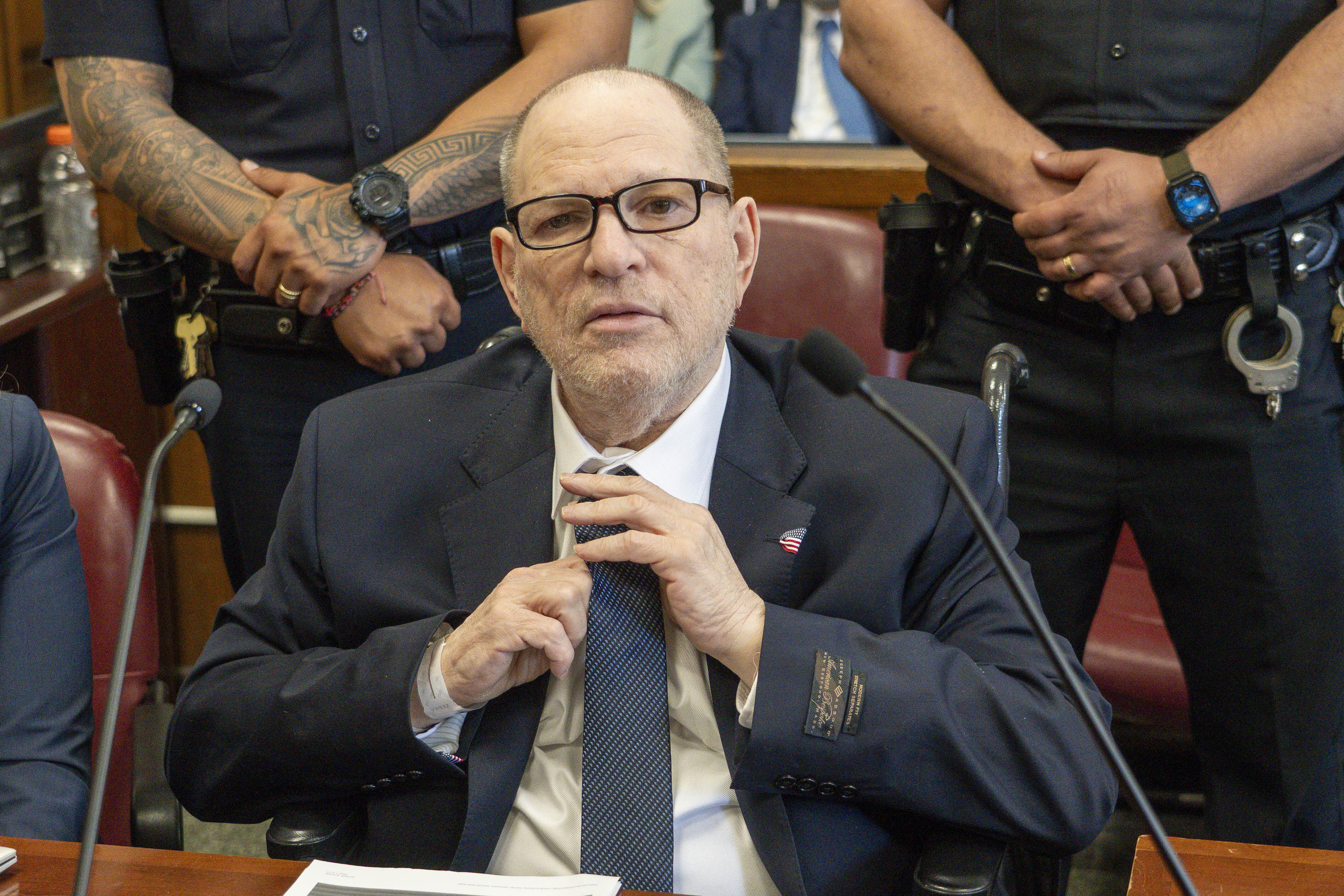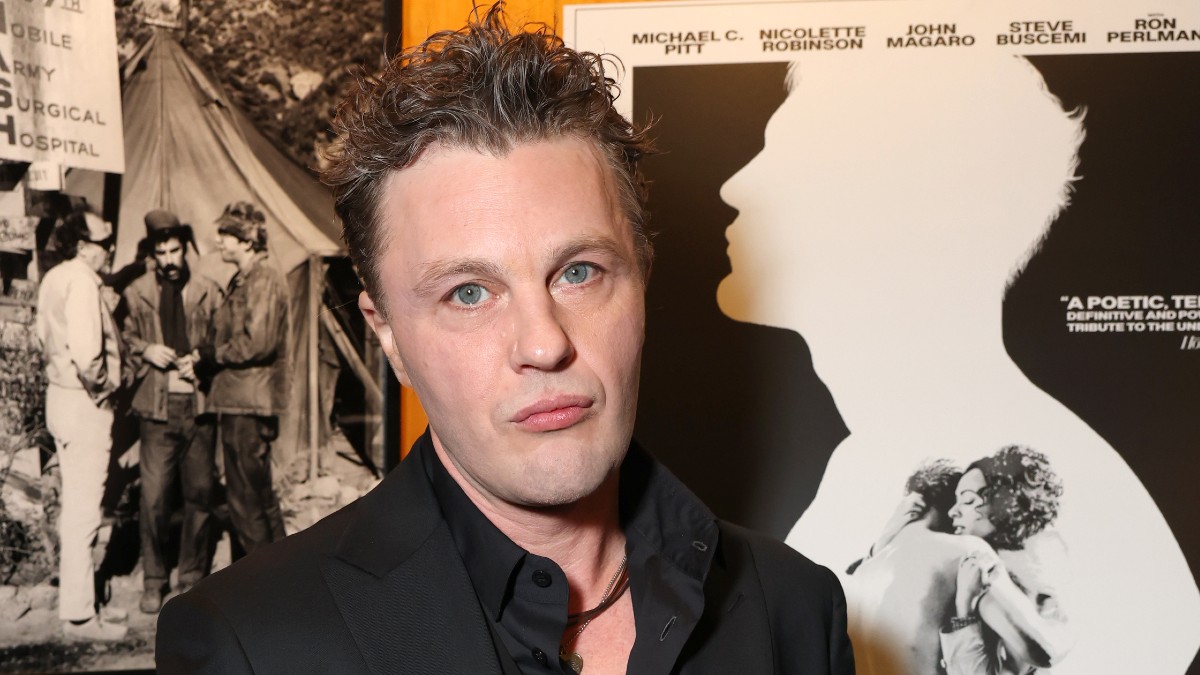Haley Joel Osment Apologizes: Inside the Antisemitic Slur Scandal
Haley Joel Osment's Apology: A Deep Dive into the Antisemitic Slur Incident
Introduction: Facing the Fallout
Remember Haley Joel Osment, the child star who saw dead people in "The Sixth Sense"? He's all grown up now, and unfortunately, he's making headlines for a very different reason. News recently broke about his arrest for public intoxication and possession of a controlled substance at a California ski resort. That's already a pretty concerning situation, but the story took a darker turn when police footage revealed something truly shocking: Osment used an antisemitic slur during the arrest. This article will delve into the details of the incident, Osment's apology, the context surrounding his actions, and the broader implications of using such language. What does this incident mean for his career, and what can we learn from it?
The Incident: What Happened?
According to reports, Osment was arrested at a ski resort in California. While being processed, and captured on police bodycam footage obtained by *People* magazine, he used an antisemitic slur. The exact slur hasn't been widely published, presumably to avoid further amplifying the hateful language. However, the fact remains that he uttered the words, and their impact is undeniable. It raises serious questions about his personal views and his understanding of the power and danger of antisemitic rhetoric.
Osment's Apology: Sincerity or Damage Control?
Osment issued a statement to *People* expressing remorse for his actions. "I’m absolutely horrified by my behavior," he said. "Had I known I used this disgraceful language in the throes of a blackout, I would have spoken up sooner. The past few months of loss and displacement have broken me down to a very low emotional place. But that’s no excuse for using this disgusting word." He attributes the slur to a "blackout" and cites personal struggles as contributing factors. But is this a genuine apology, or simply a calculated attempt to mitigate the damage to his reputation?
Analyzing the Apology
Apologies are complex. They require sincerity, recognition of wrongdoing, and a commitment to change. Does Osment's apology meet these criteria? While he expresses horror and acknowledges the "disgusting" nature of the word, some might question the reliance on the "blackout" explanation. Is it a way to distance himself from conscious intent, or an honest reflection of his state at the time? Only he truly knows.
The "Blackout" Defense: A Credible Explanation?
The claim of a "blackout" is often met with skepticism. Can someone truly be unaware of their actions to the extent that they use hateful language without any underlying prejudice? While alcohol and other substances can certainly lower inhibitions and lead to impulsive behavior, some argue that they simply reveal underlying biases. Think of it like this: alcohol can loosen the lid on a pressure cooker, but it doesn't create the pressure inside.
Personal Struggles: Are They an Excuse?
Osment mentions "loss and displacement" contributing to a "low emotional place." Undoubtedly, personal struggles can impact behavior. We all react to stress and trauma in different ways. But, as he himself admits, they are "no excuse" for using antisemitic language. While empathy is important, it shouldn't come at the expense of holding individuals accountable for their words and actions.
The History of Antisemitism: Understanding the Slur's Impact
To truly understand the gravity of Osment's actions, it's crucial to understand the history of antisemitism. Antisemitism is not just prejudice against Jewish people; it's a centuries-old ideology that has fueled discrimination, violence, and even genocide. Words matter. Slurs like the one Osment used are not just harmless insults; they carry a weight of historical oppression and contribute to a climate of hate. Using such language, regardless of intent, perpetuates this harmful legacy.
The Power of Language
Language shapes our reality. It can be used to build bridges or to tear them down. When someone in the public eye, like Haley Joel Osment, uses antisemitic language, it normalizes and validates such prejudice, giving others permission to do the same. It's like a ripple effect, spreading hate and division far beyond the initial utterance.
The Public Reaction: Outrage and Disappointment
News of Osment's use of an antisemitic slur has been met with widespread outrage and disappointment. Many have taken to social media to express their condemnation of his actions, calling for accountability and a genuine commitment to learning and growth. This incident serves as a reminder that celebrities are not immune to criticism and that their words and actions have consequences.
Consequences for Osment's Career: Can He Recover?
The question on many people's minds is: what will this mean for Haley Joel Osment's career? Will he be "canceled," or will he be able to recover from this scandal? The answer likely depends on several factors, including the sincerity of his apology, his willingness to learn and grow, and the public's willingness to forgive him. Rehabilitation will require more than just words; it will require concrete actions to demonstrate a genuine commitment to fighting antisemitism.
The Role of Public Opinion
Public opinion plays a significant role in determining the fate of celebrities who make mistakes. In today's hyper-connected world, social media can amplify outrage and create a powerful wave of negativity. Whether Osment can weather this storm will depend, in part, on his ability to navigate the complex landscape of public perception.
The Broader Implications: Accountability in Hollywood
This incident is not an isolated case. Hollywood has faced numerous accusations of antisemitism and other forms of prejudice. The Osment situation highlights the need for greater accountability within the entertainment industry. It's not enough to simply issue apologies; there must be a concerted effort to address systemic issues and promote diversity, equity, and inclusion.
Education and Awareness
One crucial step is to increase education and awareness about antisemitism and other forms of prejudice within Hollywood. This could involve workshops, training programs, and initiatives to promote understanding and empathy. By fostering a more inclusive and informed environment, the industry can help prevent future incidents like this from occurring.
Moving Forward: Learning from the Mistake
Ultimately, the Haley Joel Osment incident presents an opportunity for growth – both for him personally and for the entertainment industry as a whole. By acknowledging the harm caused by his words, taking responsibility for his actions, and committing to learning and growth, Osment can begin the process of rebuilding trust. And by addressing systemic issues and promoting education and awareness, Hollywood can create a more inclusive and equitable environment for all.
The Importance of Forgiveness...With Conditions
Forgiveness is a complex concept, especially when it comes to acts of hate. While some may find it difficult to forgive Osment, others may be willing to offer a second chance – but with conditions. This forgiveness should be contingent upon genuine remorse, demonstrable efforts to educate himself about antisemitism, and a commitment to using his platform to fight against hate speech. Forgiveness without accountability is not true forgiveness.
Conclusion: A Moment of Reflection and Action
The Haley Joel Osment incident serves as a stark reminder that words have power, and that even unintentional acts of hate can have profound consequences. While his apology offers a glimmer of hope for reconciliation, true redemption will require more than just words. It demands a genuine commitment to learning, growth, and a willingness to use his platform to combat antisemitism and promote understanding. This is a moment for reflection, not just for Osment, but for all of us, to examine our own biases and to commit to building a more just and equitable world.
Frequently Asked Questions
Q1: What exactly did Haley Joel Osment say?
A1: While the specific antisemitic slur has not been widely publicized to avoid further amplifying the hateful language, reports confirm that he used a derogatory term targeting Jewish people during his arrest.
Q2: Is Osment's apology sincere?
A2: Only Osment truly knows the depth of his sincerity. His apology expressed horror and acknowledged the "disgusting" nature of the word. However, some question the reliance on the "blackout" explanation. Time and his future actions will reveal more.
Q3: What are the possible consequences for Osment's career?
A3: The consequences are uncertain and depend on the public's reaction, the entertainment industry's response, and, most importantly, Osment's actions moving forward. A genuine commitment to learning and combating antisemitism could potentially lead to forgiveness and career recovery.
Q4: What can be done to prevent similar incidents in Hollywood?
A4: Preventing similar incidents requires a multi-pronged approach including increased education and awareness programs about antisemitism and other forms of prejudice, promoting diversity and inclusion initiatives, and holding individuals accountable for their words and actions.
Q5: How can I learn more about antisemitism and how to combat it?
A5: Numerous organizations offer resources and educational materials on antisemitism, including the Anti-Defamation League (ADL), the Simon Wiesenthal Center, and the United States Holocaust Memorial Museum. Engage with their websites, attend workshops, and educate yourself to become an ally in the fight against hate.


